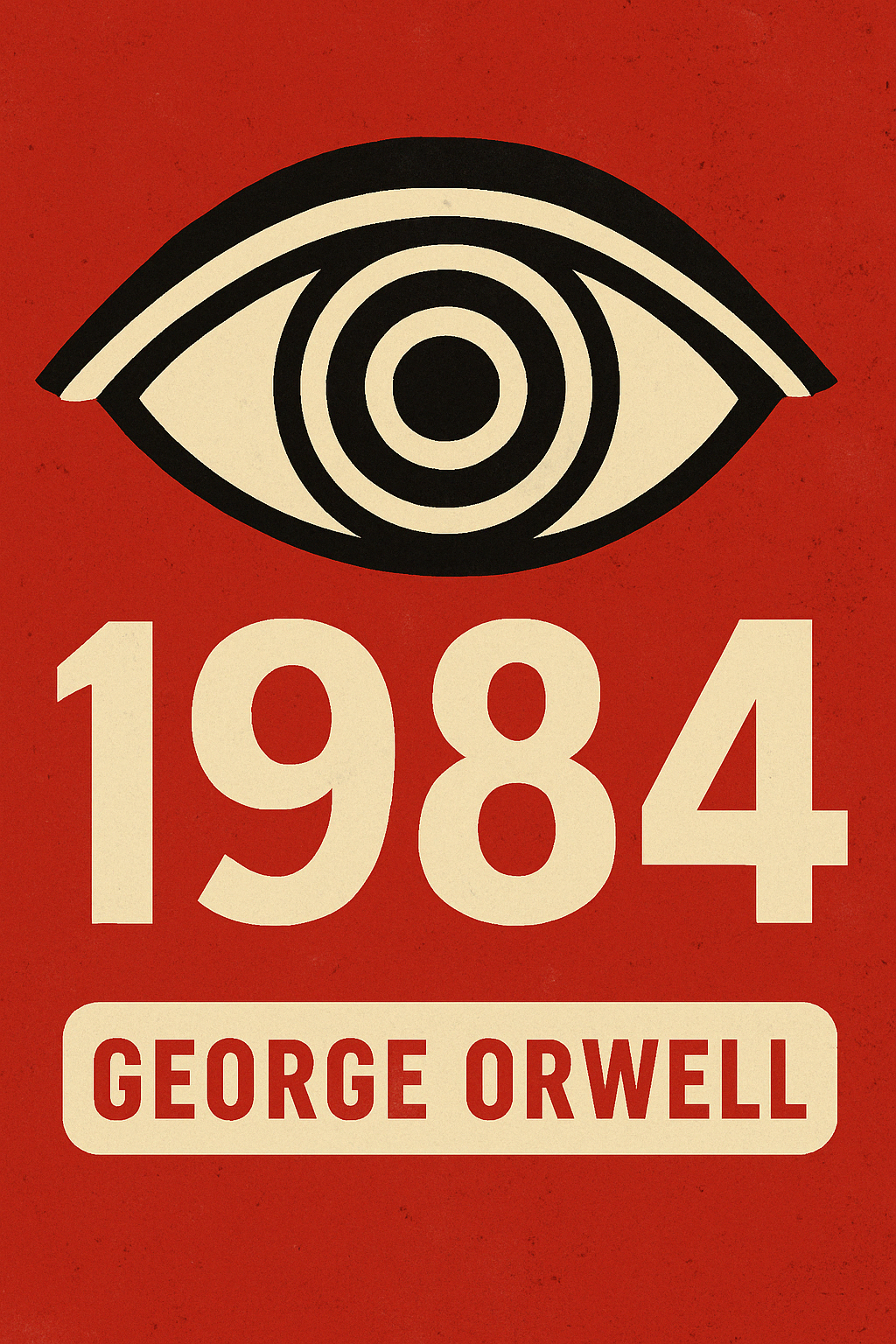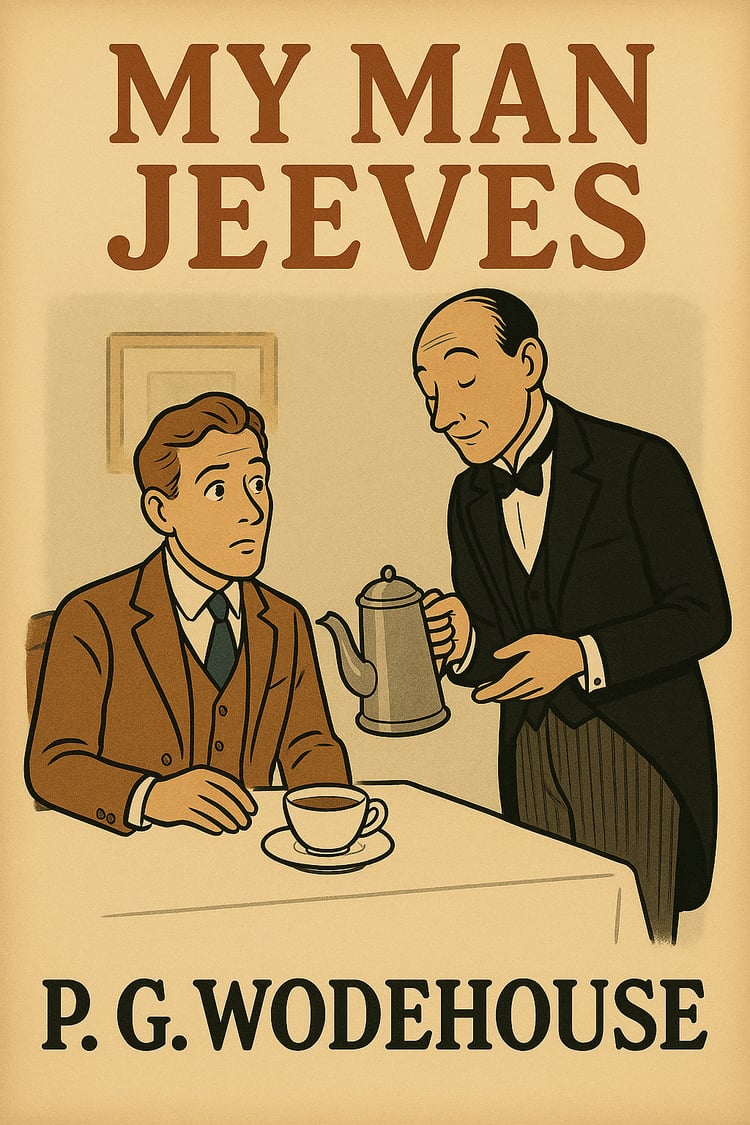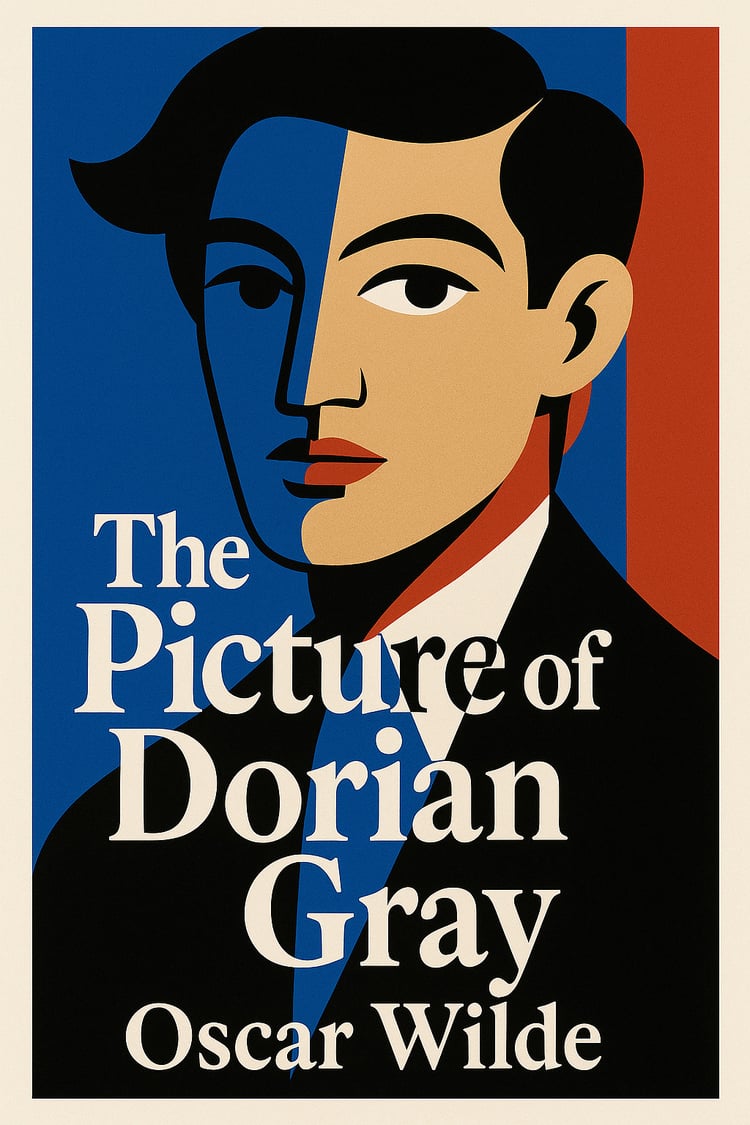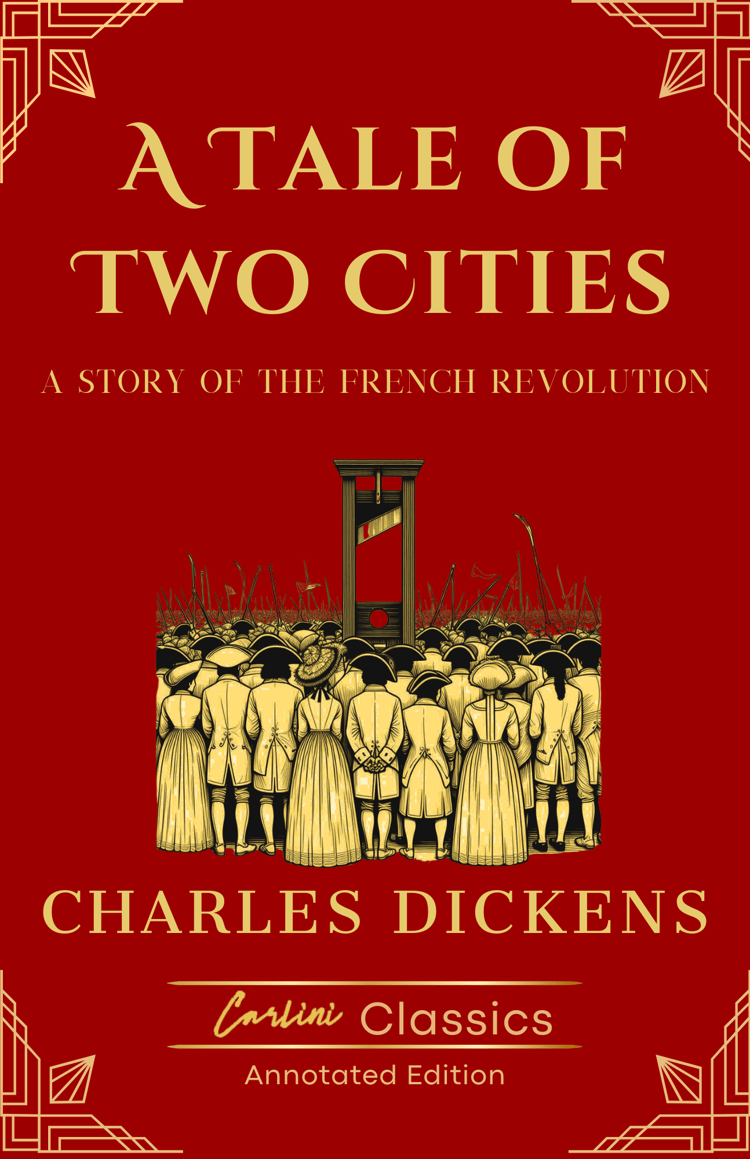
1984
George Orwell’s 1984 (1949) is the defining dystopian novel of the 20th century, a harrowing vision of a totalitarian future where individuality is crushed under the boot of the Party. In the superstate of Oceania, Winston Smith toils as a minor bureaucrat rewriting history to suit the regime’s ever-changing truths. But when he secretly rebels by falling in love and questioning the Party’s absolute control, he becomes a target of the Thought Police in a world where even thoughts can be crimes.
Orwell’s nightmare world introduced concepts that have entered our cultural lexicon: Big Brother’s omnipresent surveillance, the terrifying Room 101, the linguistic straitjacket of Newspeak, and the mind-bending concept of “doublethink.” The Party’s brutal mantra—“War is Peace, Freedom is Slavery, Ignorance is Strength”—reveals how language and truth can be weaponized to maintain power. Winston’s doomed struggle against the system exposes the psychological horror of a society where love, memory, and even reality itself can be erased by those in control.
More than seventy years after its publication, 1984 remains terrifyingly relevant in our age of mass surveillance, disinformation, and ideological extremism. Orwell’s masterpiece is both a gripping psychological thriller and a profound warning about the fragility of truth and freedom. With its chilling portrayal of a state that seeks to control not just actions but thoughts, 1984 stands as perhaps the most influential political novel ever written—a book that continues to haunt and enlighten generations of readers.
About the author
George Orwell (1903–1950), born Eric Arthur Blair, was one of the 20th century's most influential political writers. A former colonial policeman in Burma, soldier in the Spanish Civil War, and chronicler of poverty in Europe, Orwell developed a searing critique of totalitarianism and social injustice. His experiences shaped masterpieces like Animal Farm and 1984, which remain essential warnings about power, propaganda, and the defense of truth. Orwell's clear prose and moral courage established him as literature's conscience against oppression.











